12 Interesting Historical Pics From “That’s History” That May Change Your Perspective On Things
Categories: History | People | Photo project | Society | World
By Vika https://pictolic.com/article/12-interesting-historical-pics-from-thats-history-that-may-change-your-perspective-on-things.htmlWe must keep being interested in history. Even if we laughed it off, one of the most viral memes of this summer was quite poignant: we do live in the context of all in which we live and what came before us.
The X-page History Pics with its 220k fans helps us see what life was like before we were born. From photographs of regular folks in '70s bodegas to rarely-seen images of famous actors, writers, and historical figures, the page holds a mirror to all the context that came before us.
To discover why history is so important, Bored Panda reached out to Liz Covart. She's an award-winning historian of early America, the Founding Director of Colonial Williamsburg Innovation Studios at the Colonial Williamsburg Foundation, and host of the Ben Franklin's World podcast.
She kindly agreed to chat with us about why old photographs are important for a better understanding of history and shared some tips about how we can find little bits of history in our everyday lives.
12 PHOTOS
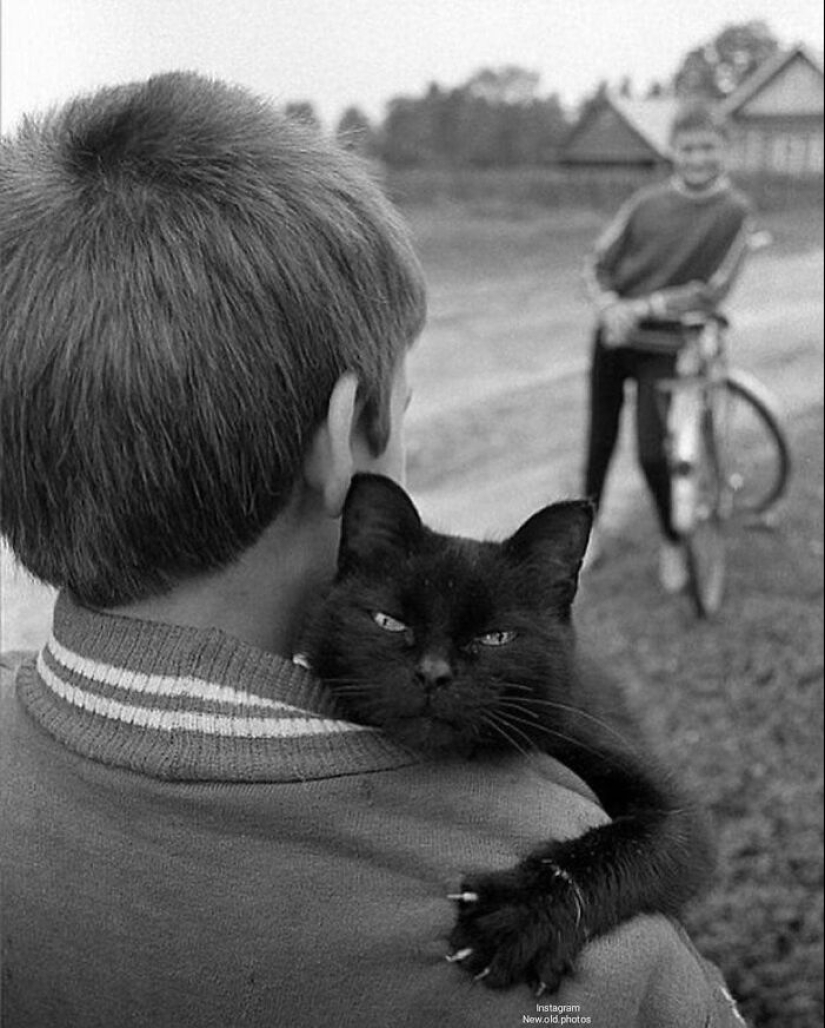
#1
"Visual images like portrait paintings, prints, maps, and old photographs can help us understand what the world looked like in the past," historian Liz Covart tells Bored Panda. "This can be helpful as we read written records or listen to oral histories. As we read or hear a description, we can use these old images to visualize what the record and its author tell us."
However, Liz points out that we shouldn't always blindly trust all historical pictures and photographs. "Just like we curate images of our lives through the messages and photos we post on social media, so did the people of the past," she says.
Liz says that people would curate their image (literally!) long before photography became a thing. "People wealthy enough to have their portrait painted in the years before photography would discuss the pose they wanted to strike with their portrait painter."
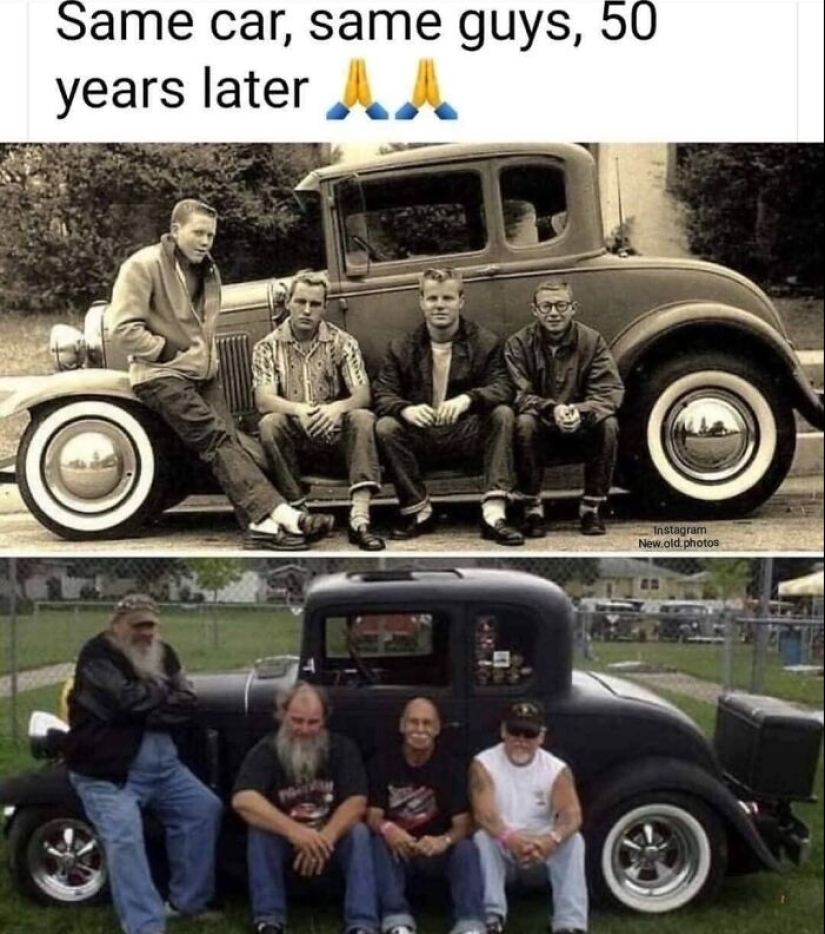
#2
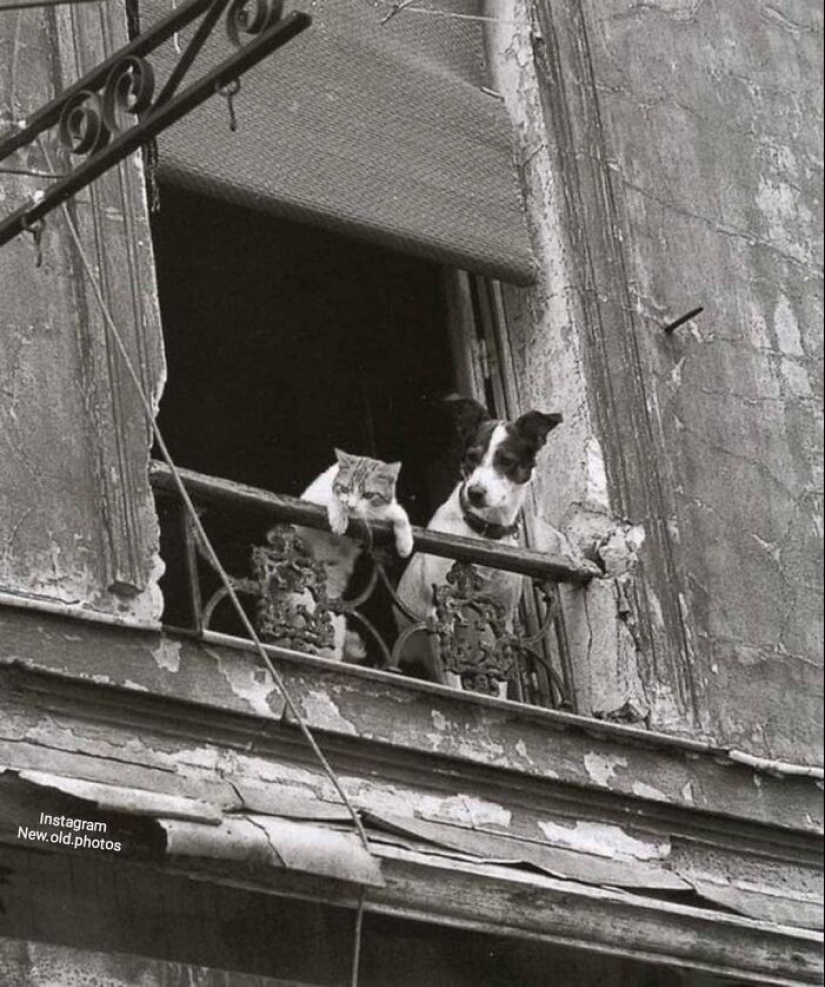
#3
She points to two portraits of Benjamin Franklin: Joseph Siffred Duplessis' 1785 portrait and the one by Robert Feke in 1747. In Feke's portrait, "Franklin wanted the world to see that he had made it by the age of 41," the historian says. "Franklin [is] dressed in a nice suit of clothes and a wig and stands in a dignified pose with a view of the Pennsylvania countryside. As a man of wealth and leisure, Franklin now had time to enjoy and invest in the countryside."
"With much help from his wife Deborah Read Franklin, Benjamin Franklin built the most successful printing business in eighteenth-century North America. At the age of 42, Franklin retired and started to pursue the scientific experiments that made him famous and his political career," Liz explains.
In Feke's portrait, Franklin wanted to appear as a successful 41-year-old businessman. In Duplessis' portrait, the image of Franklin is quite different – more modest. "[They] worked to capture the essence of a man who was a dignified and accomplished older statesman," Liz Covart says.
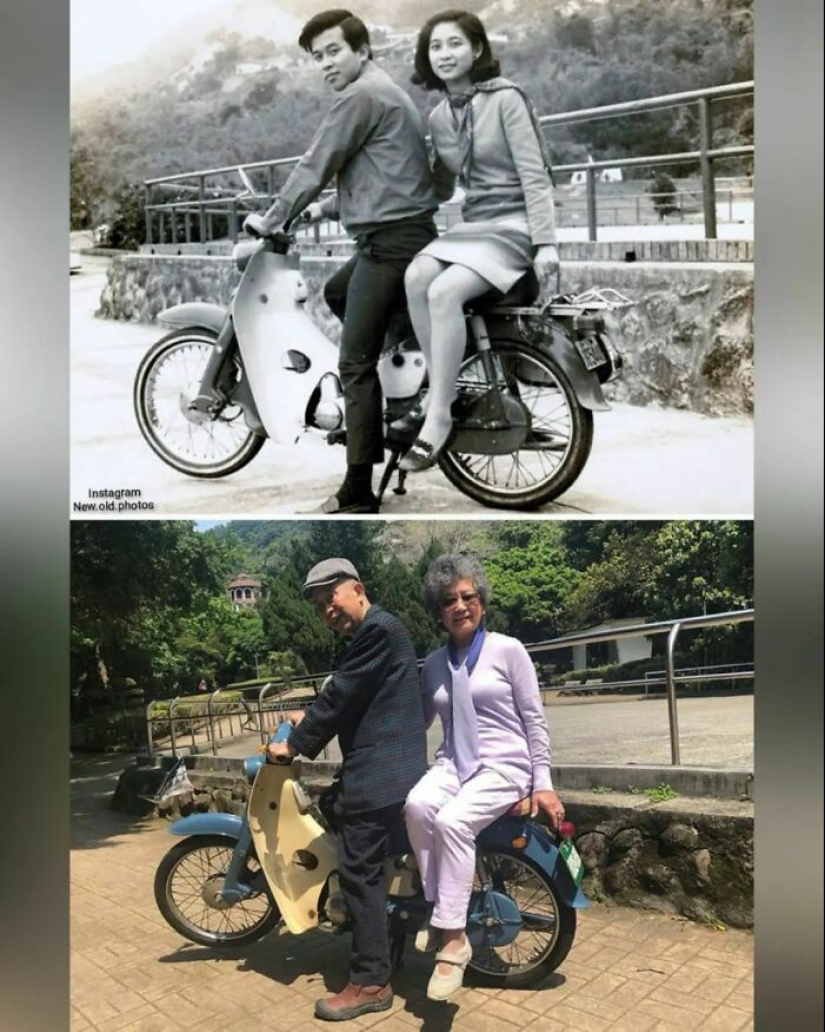
#4
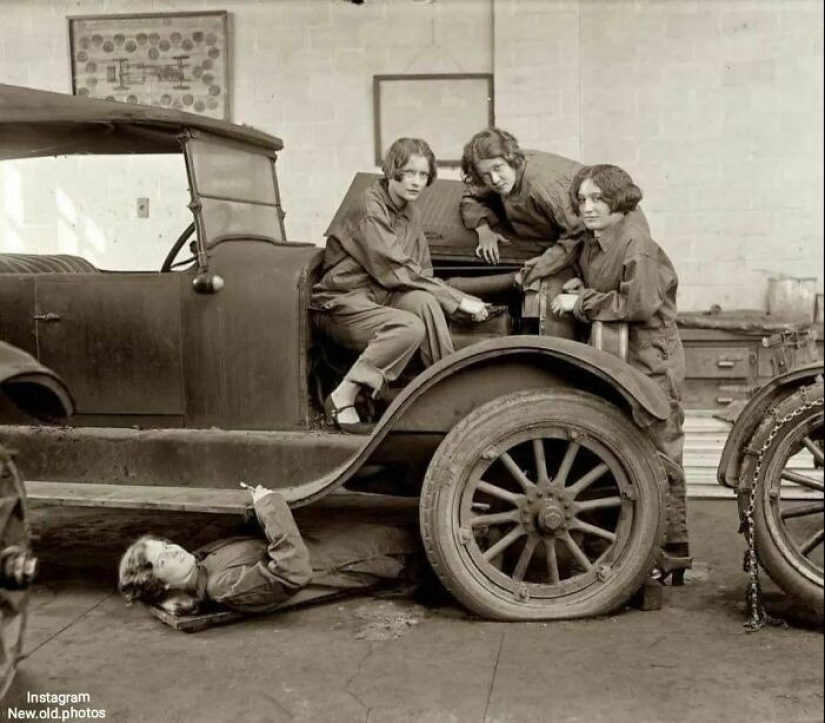
#5
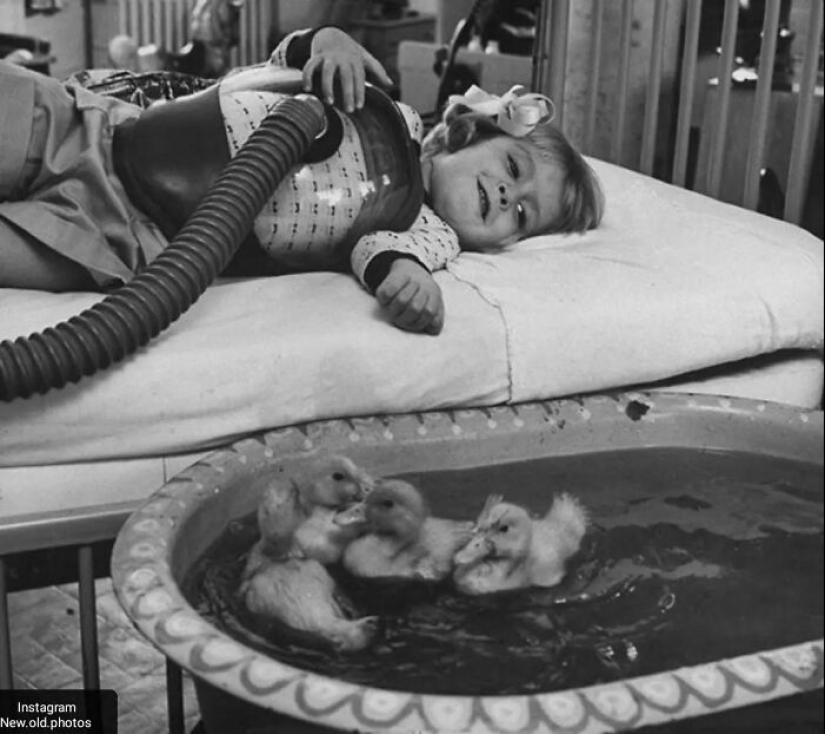
#6
Covart says that the same goes for maps and photographs. "Cartographers created maps to project the on-paper power of empires," she points out. "If you look at an 18th-century map, you will see that these maps claimed far more territory than empires like France, England, the Netherlands, and Spain held in reality."
Photographers also have a message they want to convey. "If they photograph people, photographers want you to see the images [of] those people in the best light and with the message the photographer person(s) want their viewers to come away with. When photographers take photographs of places, they frame those places with a lens of what they want their viewer to see about those places."
"Like most historical sources, images of the past – just like images created in the present – are curated and mediated sources. These are sources that are crafted with a specific message in mind," the historian explains.
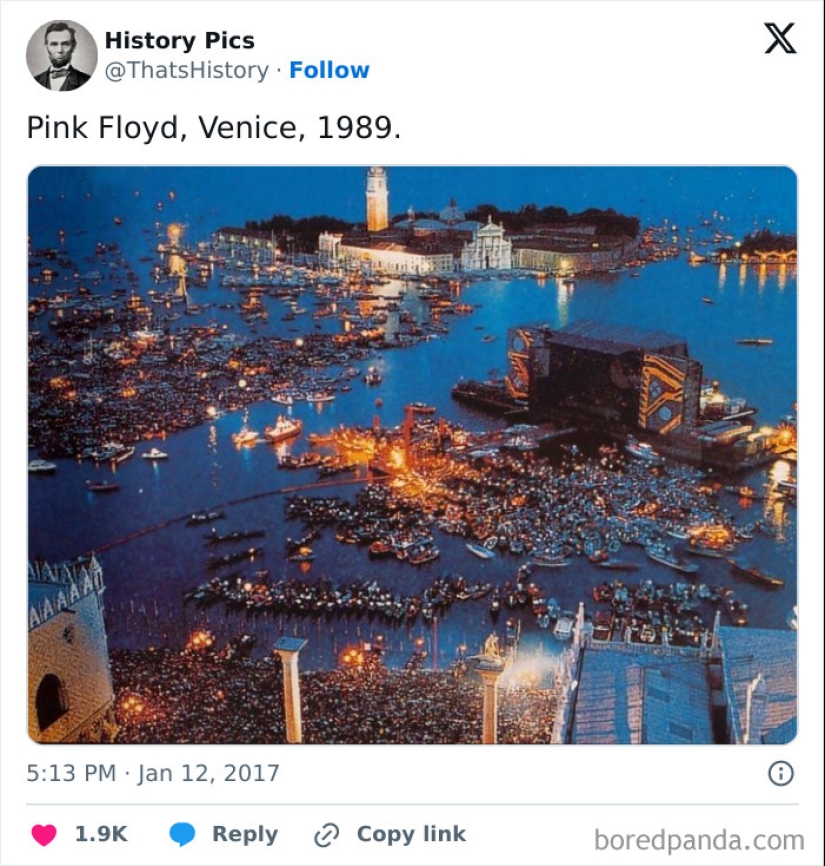
#7
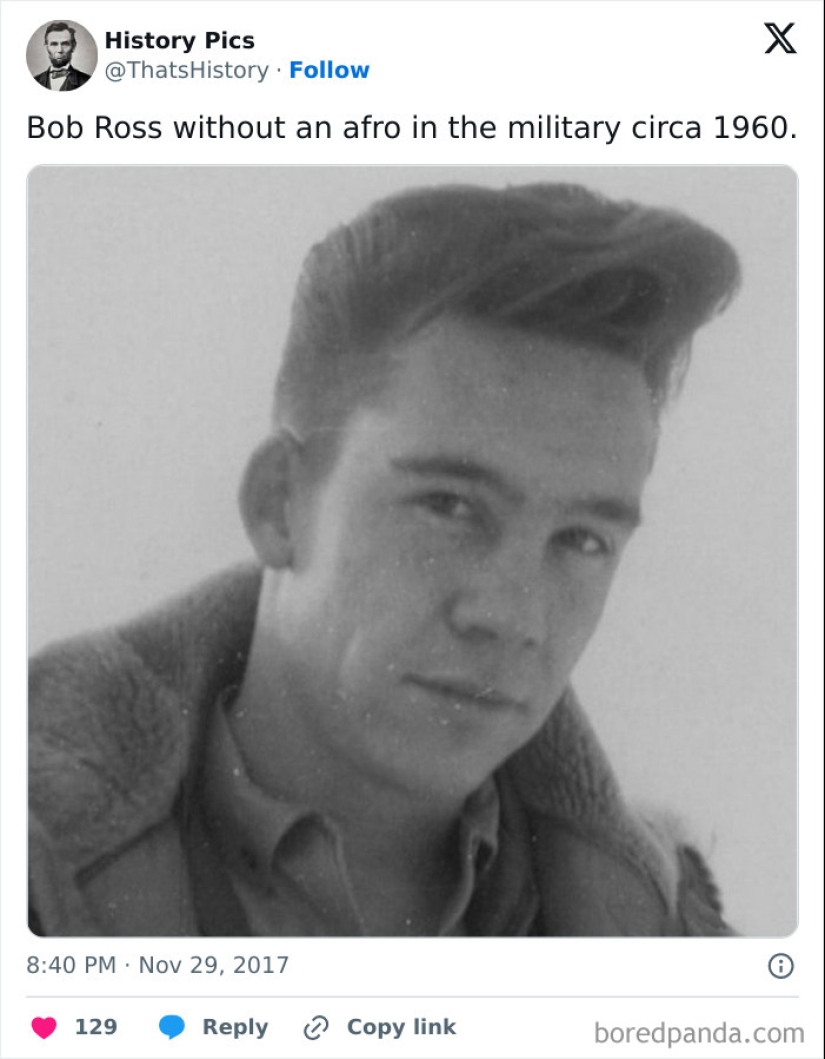
#8
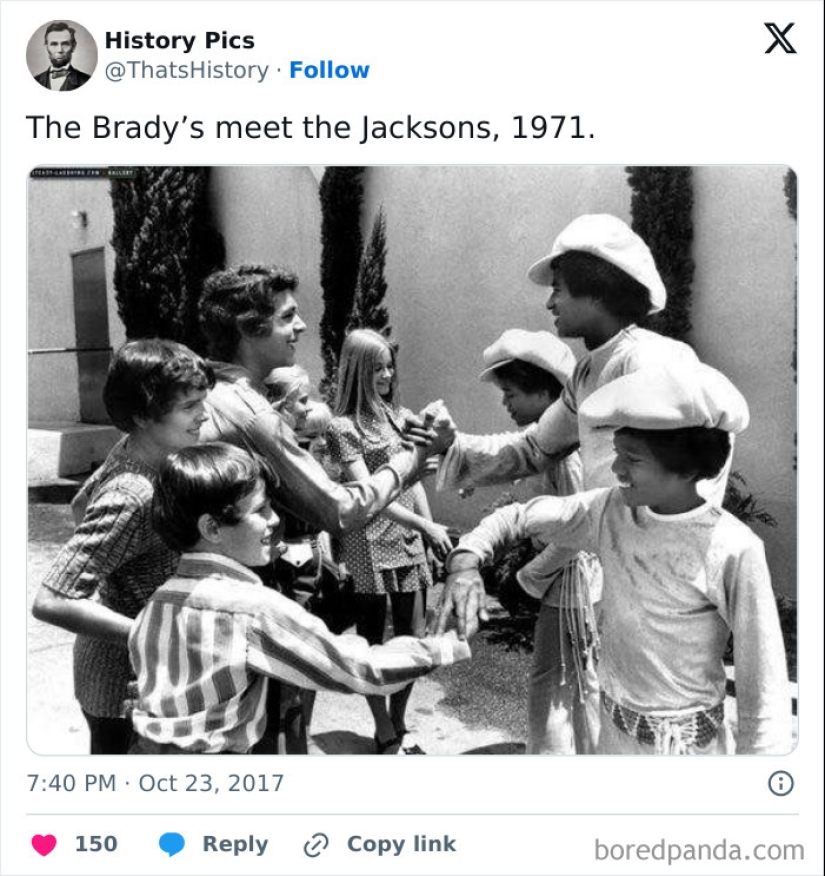
#9
Liz Covart also talked to us about how important history and learning history is to us as people. "History tells us who we are and how we came to be, who we are as people, communities, states, and nations. If you have ever wondered why your community or neighborhood is the way it is today or why your family has evolved the way it has, history holds answers for you," Liz says.
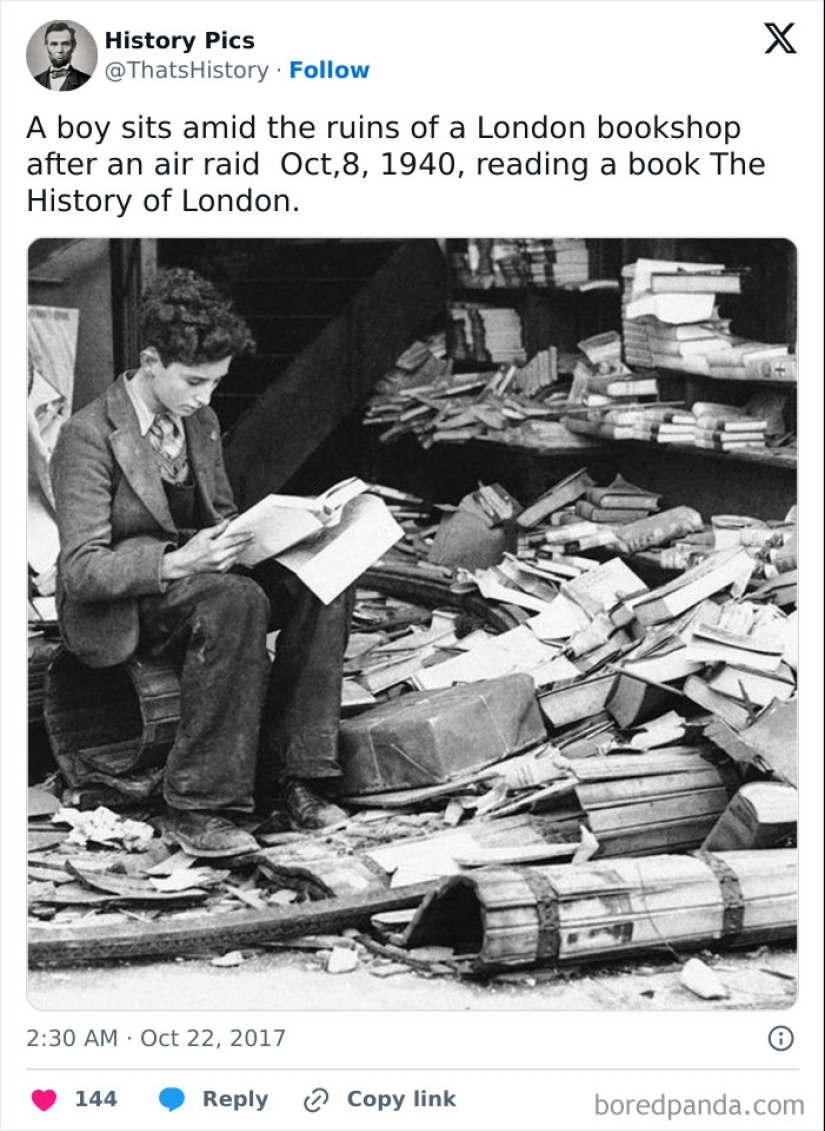
#10
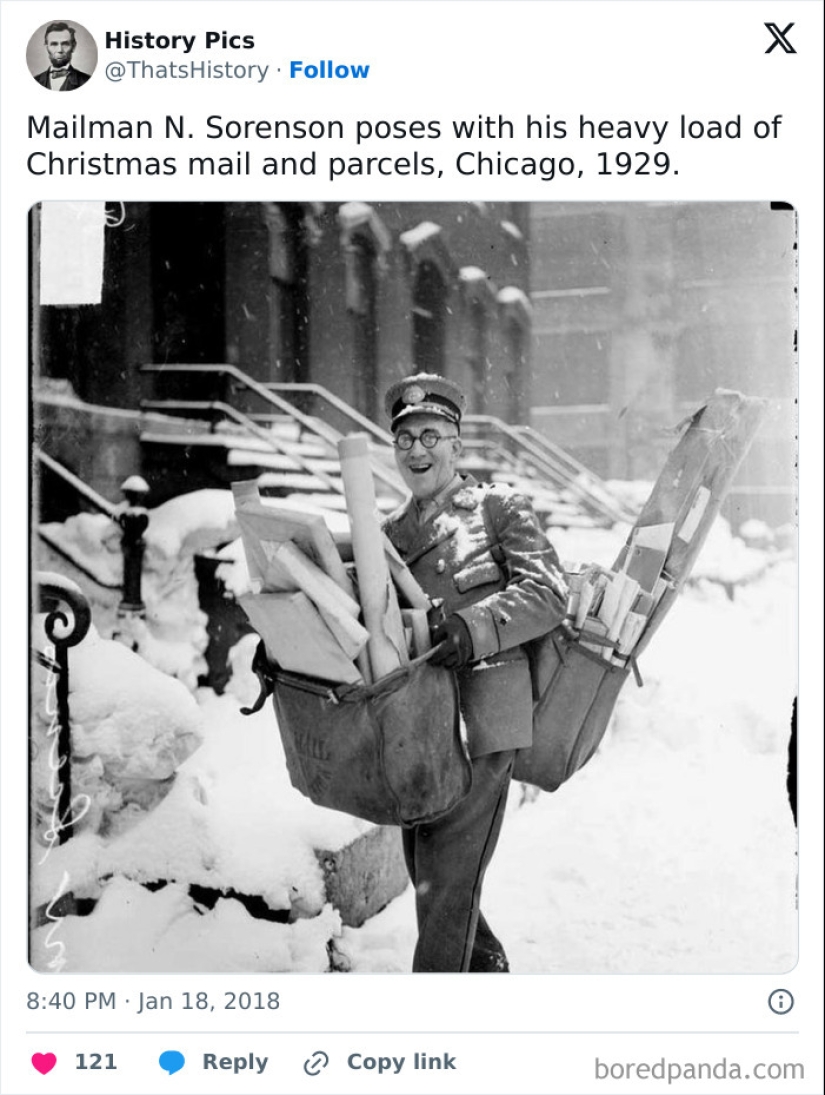
#11
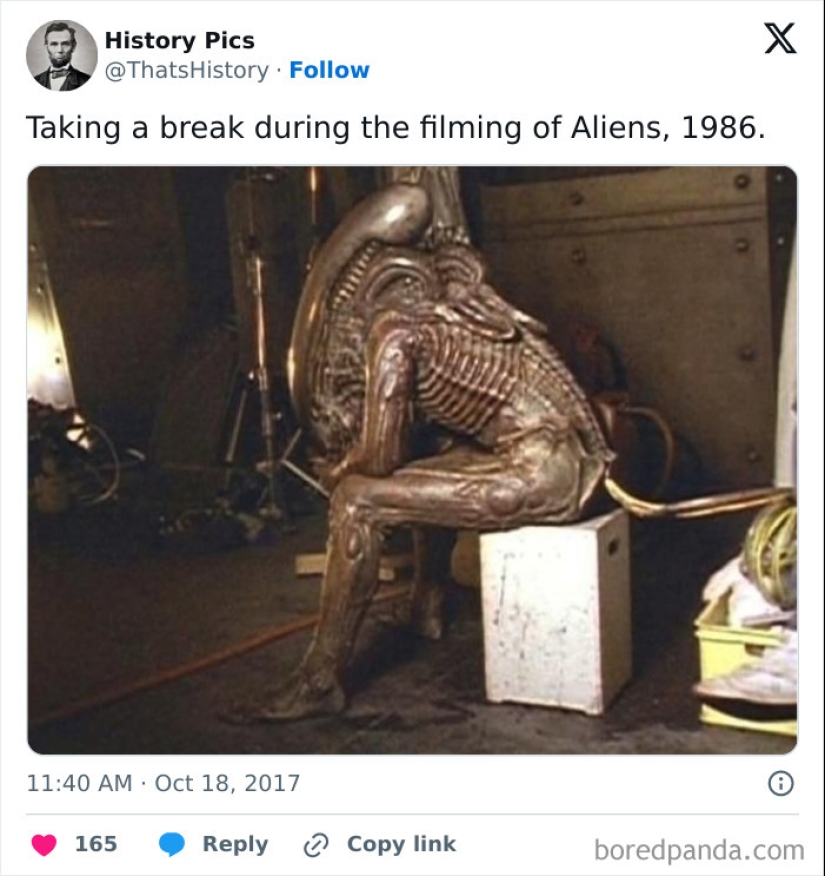
#12
Many of us don't realize that our family genealogy is history too. "Conducting research into your family and its origins often leads people to imagine how they lived, what it was like for them to leave their place of origin and move, and what it was like for them to live in the places they settled," Liz continues. "This leads people to seek out information about the past so they can truly understand the world of their ancestors."
Keywords: Historical pics | History | Interesting photos | Old times | Old photos
Post News ArticleRecent articles

There are dolls very similar to living people. And there are so realistic that their appearance can only be explained by magic. ...

Japan is deservedly considered one of the safest countries in the world. Even organized crime there has a "human face" ...
Related articles

A music album is not only a collection of tracks, but also an example of fine art. Each cover carries a certain meaning, and behind ...

In November 69 BC, she was born Cleopatra, the last Queen of Egypt from the Macedonian dynasty of the Ptolemies. Cleopatra, perhaps ...

A good sniper doesn't have to be a career soldier. This simple postulate was well understood by the Red Army soldiers who ...

Famous British photographer Bob Carlos Clarke was born in an Irish corps in 1950. In 1969 he moved to England to study art and ...